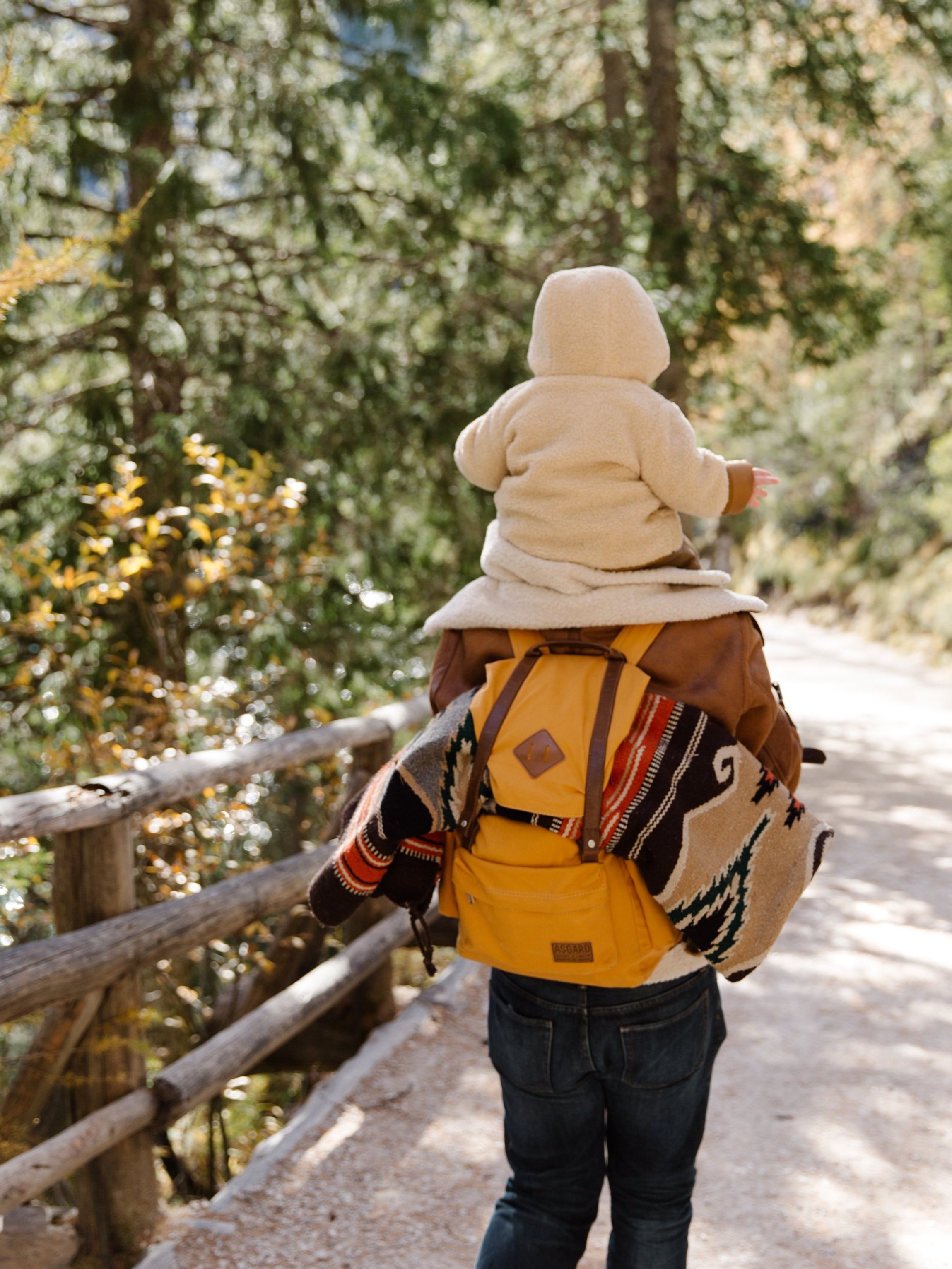Nurturing Nature: How Being Outdoors Boosts Children's Mental Well-Being
In the age of screen time and schedules, the call of the outdoors remains a beacon of well-being, particularly for children. This article delves into the remarkable benefits of outdoor exploration, unveiling the wonders of nature and how it nurtures children's mental well-being.
1. Nature's Impact on Mental Health
A plethora of studies, including research from the "Journal of Environmental Psychology" underscores the positive effects of nature on children's mental health.
Exposure to natural environments has been linked to reduced stress, improved mood, increased creativity, and enhanced cognitive function. It's a remedy for the complexities of modern life.
2. The Science of Outdoor Benefits
Stress Reduction: A study published in "Frontiers in Psychology" suggests that spending time outdoors reduces cortisol levels, the stress hormone. Nature's calming effect promotes relaxation, helping children cope with daily challenges more effectively.
Enhanced Focus: Research in "Attention, Perception & Psychophysics" reveals that nature exposure improves attention span and cognitive function. Outdoor environments offer varied stimuli that engage children's senses and boost their ability to concentrate.
Boosted Creativity: The "Journal of Experimental Psychology" reports that time in nature stimulates creative thinking. Outdoor exploration encourages children to use their imagination, fostering originality and problem-solving skills.
Emotional Resilience: The "International Journal of Environmental Research and Public Health" emphasizes the role of nature in developing emotional resilience. Nature's serenity provides a backdrop for children to process emotions and develop healthy coping mechanisms.
3. Incorporating Nature Into Everyday Life
Outdoor Play: Encourage unstructured outdoor play. The freedom to explore and engage with nature fuels curiosity, physical activity, and a deeper connection with the world.
Nature Walks: Take family walks in parks, forests, or natural trails. These outings offer opportunities for observation, conversation, and bonding.
Gardening: Engaging in gardening activities, whether in a backyard or community space, connects children to the growth cycles of plants and instills a sense of responsibility.
Mindful Nature Moments: Practice mindfulness in nature by engaging in activities like mindful breathing, listening to the sounds of nature, or simply observing the beauty around you.
Discover the transformative power of nature and its ability to nurture your child's mental well-being. Embrace the outdoors as a haven for exploration, creativity, and resilience.
For more resources to support your child's mental health, mindfulness, and overall well-being, continue exploring the Calm Kids Club website. From insightful articles to guided meditation recordings and free children's resources, we're committed to fostering mental well-being and a love for the world around them.



